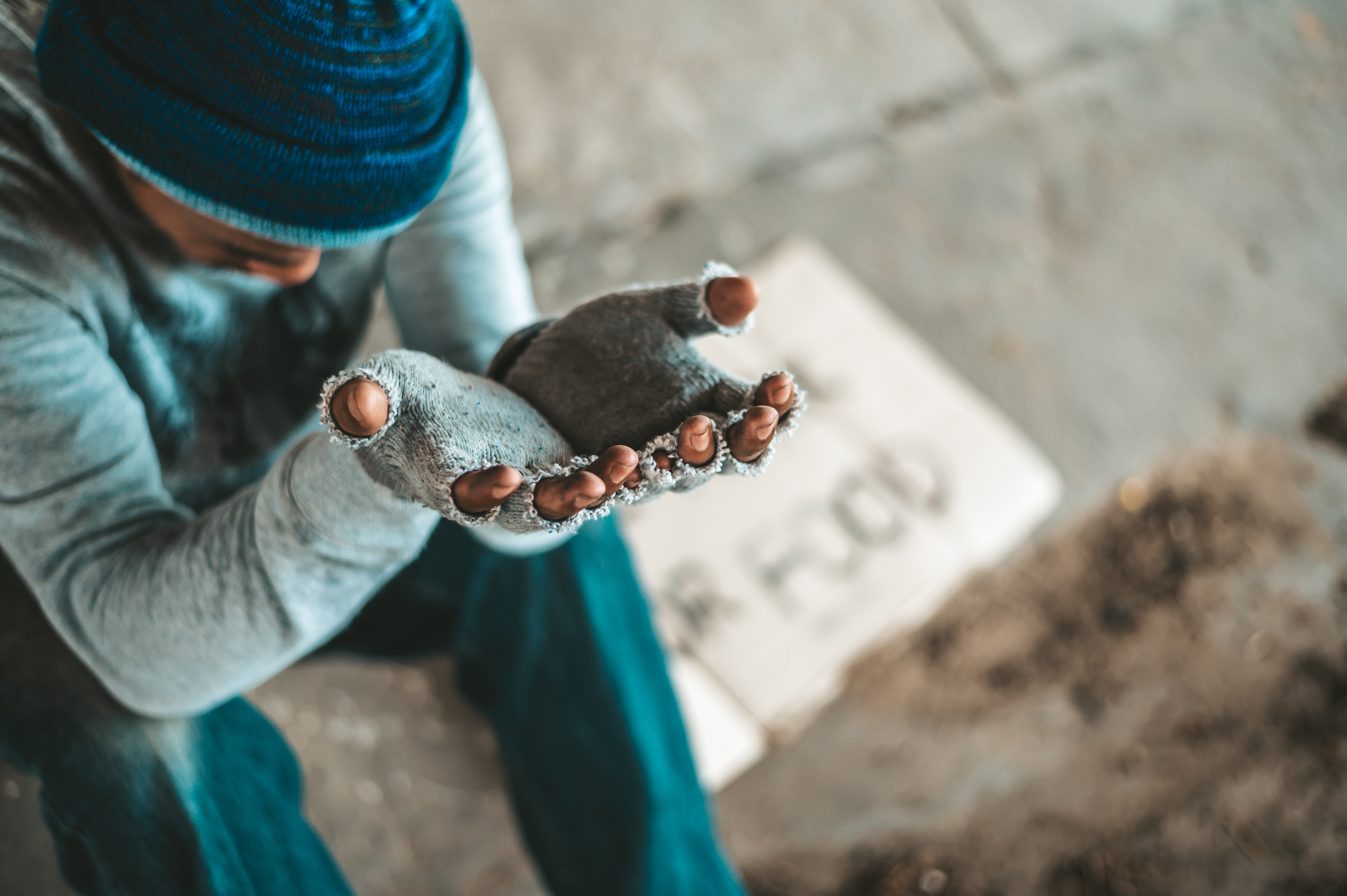Environmental Racism and Climate Change: a reality society neglects
Dados do Mapa de Conflitos indicam que há no Brasil, pelo menos 613 conflitos dessa natureza
By Jéssica Albuquerque for NINJA Collaborative Coverage at COP26
Despite researchers and human rights activists constantly confirming it, the Brazilian government rejects the term “Environmental Racism”. Data taken from Fiocruz’s The map of conflicts related to environmental injustice and health in Brazil indicates there are at least 613 conflicts of this kind in Brazil.
The problem cannot be ignored in the middle of a climate crisis. And this is amongst the topics the 26th UN Climate Change Conference of the Parties (COP26) has been focusing on, as leaders and representatives from many countries try to find agreement on goals to contain global warming. Climate change has a major impact on less developed countries and communities facing vulnerable situations. Amongst them, there are blacks and indigenous peoples, as well as people who suffer due to socioeconomic and gender issues. Global movements have been trying to act in defense of them — who, historically, are the most affected by socio-environmental damage.
Environmental racism is also linked to certain particularities, such as one’s geographical origins.
According to Instituto Clima e Sociedade (“climate and society institute” in Portuguese), “the climate impact hits a particular colour, gender and place. Racism is structural. The poor and traditional populations want to act on a world with less emissions, not simply the outcomes of impacts and targets”.
Environmental Racism strengthens itself due to existing vulnerabilities in a system that does not prioritize the well-being of minorities. As an example, the lack of basic sanitation is a problem that affects many populations, aggravated by the occupation of irregular land, increased unemployment, devaluation of the places these minorities inhabit and extreme weather events, such as heavy rains (landslides) and extreme drought.
During an interview to UOL, a Brazilian media company, Kerry Ard — who has a Sociology PhD and teaches Environmental Science — explains a few scholars argue that environmental injustice is an essential part of capitalism.
“As capitalism regularly follows its course, we have those called externalities, things that happen when doing business (such as pollution) and for which the company does not take responsibility. Following this line of thought, these externalities will affect someone or somewhere, so it is useful to have a less valued population in society to assume these effects”.
With no right to speak up, these communities and people are historically excluded from political participation and legislative processes. “They are impoverished, made vulnerable by the lack of basic sanitation, the eviction from their land, the non-recognition and non-fulfillment of their rights, the marginalization and invisibility, the contamination and destruction of their land, soil and water”, explains lawyer Rafaella Eduarda Miranda Santos, to UOL as well.
Another troubling aspect concerning the climatic and environmental discussion is the lack of a plan and of investment when it comes to sustainability. Greenhouse gas emissions are amongst the main bottlenecks the world has been facing, and humankind is responsible for most of those emissions.
However, assuming there is no guidance or questions regarding the engagement of this minority population — the most affected, majority when it comes to the number of individuals —, environmental collapse is increasingly becoming a reality. And sorority is not usually practiced by those who consider themselves “privileged” for not belonging to surroundings in which an early and frequent climate disaster is already noticeable.
Translated by Karen Lemes
A @MidiaNinja e a @CasaNinjaAmazonia realizam cobertura especial da COP26. Acompanhe a tag #ninjanacop nas redes!


